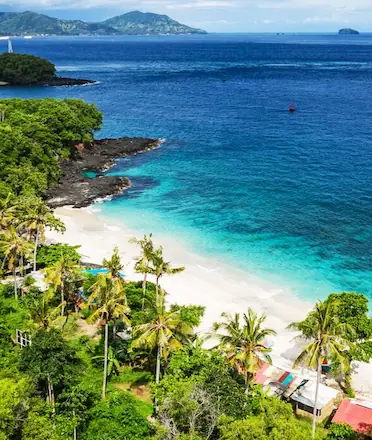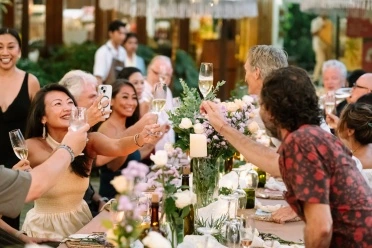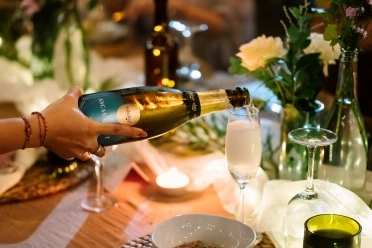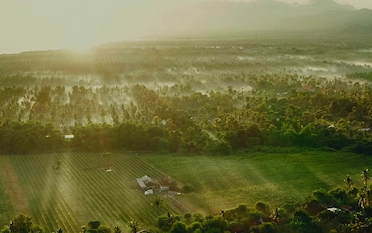Matt Jacob is an aspiring photographer who used to be a pilot, but after traveling and seeing the world through his eyes, he was inspired to share it through his lens.
We recently caught up with him, just before the official launch of his new space, M.O.O.D. Photography Studio, in Canggu, to know more about him and his art.
What’s New Bali (WNB): Hi there! Can you tell me more about yourself and how you first got into photography?
Matt Jacob (MJ): My name is Matt Jacob, I come from the UK and lived for about a decade in Hong Kong before moving to Bali earlier this year. Photography has been a part of my life for the last decade. I’ve always been interested in technology and gadgets, but also science, physics, and philosophy, so it’s been kind of bubbling under the surface for a while. My previous career was as a pilot, so I used to get satisfaction through technology and gadgets from flying.
It was during my teenage years when I first picked up a camera - a disposable Kodak one - and I would just snap away during family holidays. That always kind of sparked my interest, but around 7 or 8 years ago I started to get into it more seriously and bought my first digital camera after I got my dream pilot job in 2013. Having that camera allowed me to learn the basics of photography whilst flying around the world.
As I traveled and experienced other cultures, I realized I wanted to capture them somehow, and when combined with the enjoyment of the technological side I just fell in love with using my camera to snap different environments, people, and elements. So, I started to learn more and more, went on workshops, and found inspiration through other photographers. The more I did and the more I became immersed, the more I knew I wanted to take it on more seriously. I tried all genres but it was capturing people through the lens where my interest and enjoyment really came through, and that took me to where I am today.
WNB: When was your first big break as a photographer?
MJ: I haven’t had one, to be honest. I've had a lot of little breaks and moments in my career as a photographer where it has been a good opportunity or turning point. I guess what I’m trying to do now is to catch that big break or at least build a lot of little ones. Maybe this article can help me reach my big break (laughs)!
WNB: (laughs) I hope we can help you with that. Do you prefer to work on your own or in a team setting?
MJ: This is a really good question! I’m a team player at heart, I was always brought up to be mindful of other people, and try and be a part of a team because it almost always resulted in a better outcome. I played sports at a young age, team sports, so I’m kind of used to being part of a team and I enjoyed it. However, with photography and art, if you’re trying to express your creative vision then sometimes you have to do it by yourself, and allow other people to enhance that for you – whether it’s through physical assistance or different perceptions.
So, I think it’s a bit of both, and I think it’s important as a photographer to understand the benefits of working in a team and sometimes getting stuff done by yourself. Also, I think it depends on the type of photography. If I was a landscape photographer, it may be much more conducive to working by myself. However, my style is portraiture photography, I usually benefit from having at least one more person since it’s very difficult to do it all alone. There is the equipment as well as the human interaction that can often require more than just me. When I’m outside of the studio, I am a part of a bigger team, and in the studio, I usually have my wife, who is a great assistant. It’s always a good collaboration.
WNB: Other than being a team player or knowing the depth of the work itself, what do you think are some important skills that one should have if one wants to be a photographer?
MJ: I think it depends on the type of photography, so I’ll give you more general skills that can be applied to any type of photography. Patience is key. Whether it’s your learning process because we never stop learning, or being patient with other people, the environment, weather, technology, etc. The list can be endless.
That goes through to hard-work and practice - it’s not a skill but the willingness and intelligence of practice is. I think it’s important as a photographer to be willing to practice in the right way - a smart way. Also, a big part of being a photographer, or any visual artist, is being able to accept criticism. You need to realize that not everyone can accept your work, especially if you’re in the niche part of photography.
Lastly, is education, a skill to pick out the learning processes to educate yourself. Whether that’s learning from other photographers, doing courses, or workshops, or just wanting to educate and better yourself.
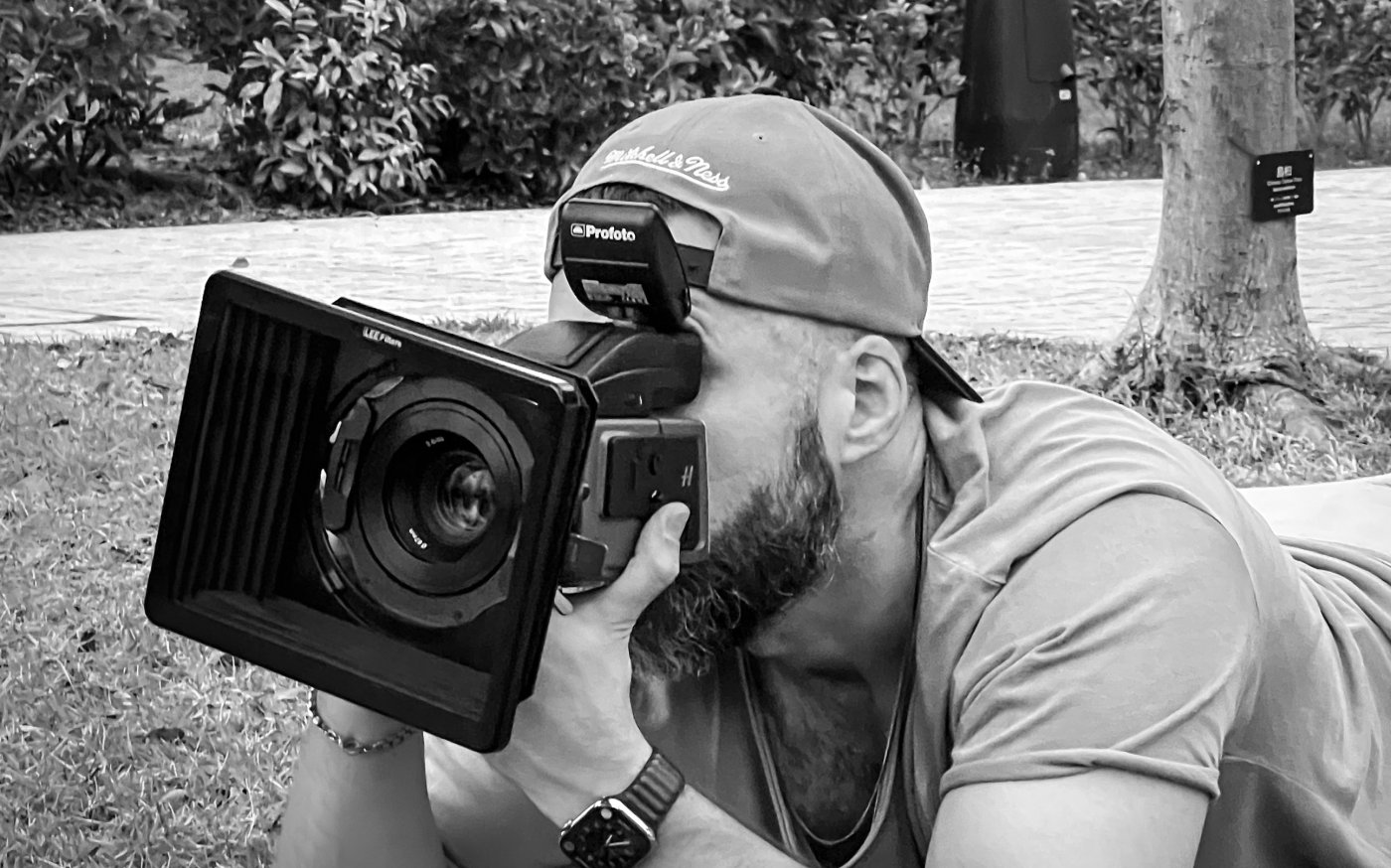
WNB: How do you adapt or adjust to new trends?
MJ: I generally don’t worry too much about them. When it comes to things like the cameras, the type of photography that I do, the editing style, the vision, and the creativity of it, I don’t care about trends. I do it for myself and I hope people like what I do. If they don’t, they don’t.
So, with my images, I don’t think too much about the trends because it’s kind of my artistic expression, but when it comes to marketing myself, my art, and my services, one has to stay with the current trend, especially with social media. There are huge platforms and there is a lot of opportunity to gain new clients. So, you can’t be stuck with the same thing from even a year ago, you have to be able to at least notice trends and realize what the current market is wanting, what clients are looking for, and adapt to that.
When it comes to cameras, I always say don’t care about your equipment. I love cameras and buying new things but that’s not because of the trend, it’s just my love for gadgets. There’s always something coming out every year, you can jump on that bandwagon but it’s going to be difficult to get off. So, I don’t really trouble myself about those kinds of things.
WNB: What are the challenges of taking portraiture photography?
MJ: Dealing with the extremes of a human persona, e.g., a shy person or even an overconfident person. This is where my wife comes in, she really can break the ice for them and get them a little more comfortable. And by the time I work on them, they usually allow me to get to know them more properly - not just on the surface. That is the biggest challenge for me.
WNB: What was the inspiration behind M.O.O.D. Studio?
MJ: I have always wanted a studio for a very long time. So, when we moved to Bali that was always a goal of mine, it was more a priority than finding a home to live in (laughs).
We set the studio up because I like portraiture, and having a studio provides many ways to be a better photographer or make money from it. With a studio, I can practice on my own with different lighting setups and compositions along with practicing creativity just to see what happens. I wanted a space where I can practice. Those are the simple reasons why I wanted a studio.
But I also want to share my art with those that want to see my style. In the future, I plan on having workshops here, and having a studio of my own is an amazing place to base an education platform. You don’t have to worry about the weather, you can bring everyone in the same room and it can be a lot more focused in a very controlled environment.
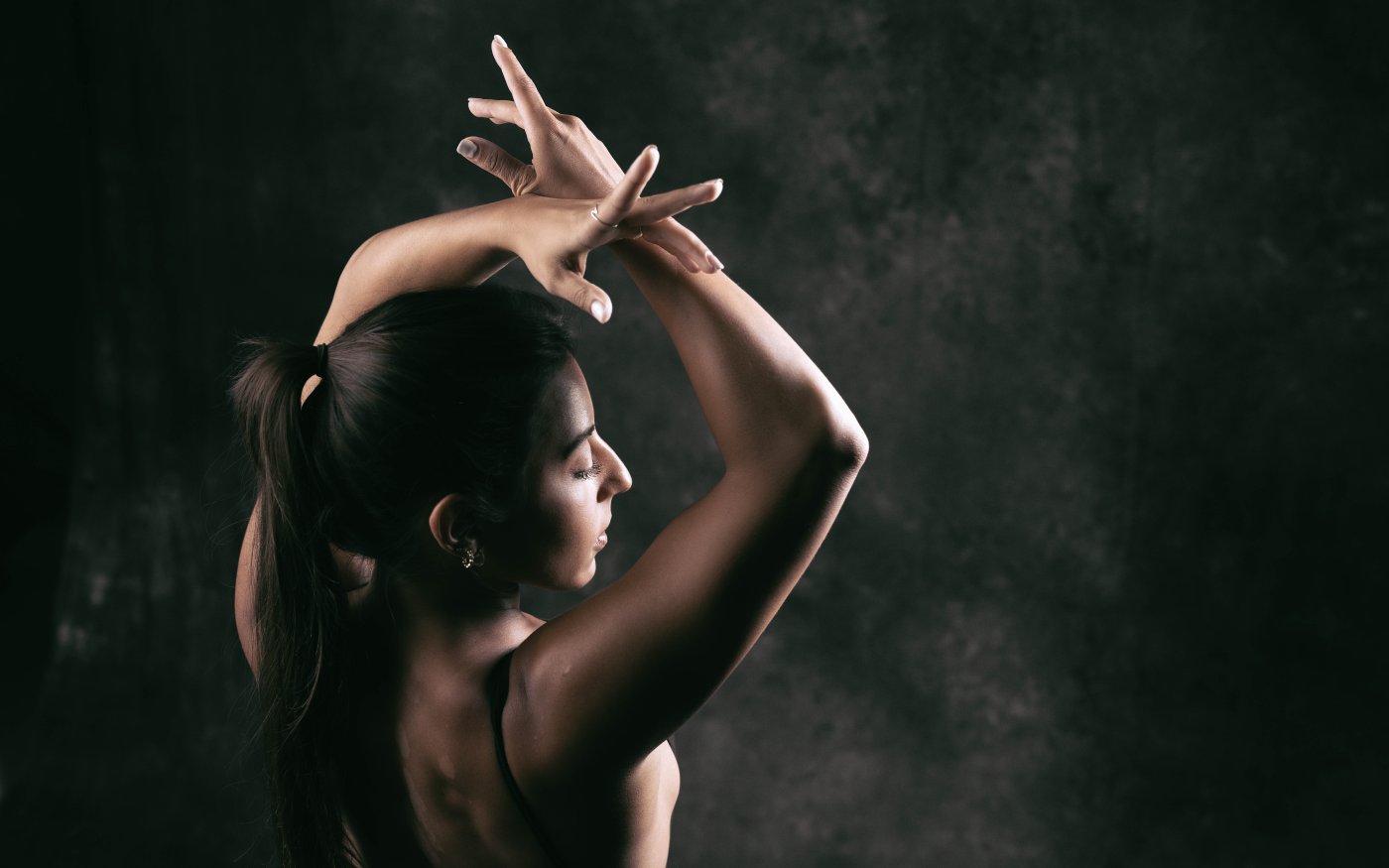
WNB: Can you tell me more about your studio's visions and values?
MJ: The vision is mainly my own, and it’s difficult to differentiate it from the studio. For me, the studio is just a space where I can express my creativity. I also want other photographers to be able to use the studio since it’s available to rent. I also want people to be able to learn through what we do here with the workshops that I plan to have.
WNB: What are the services available at your studio?
MJ: We’re pretty new so I don’t want to confuse people. At the moment we only have two main services. One of the services is for portrait photos with me and the team for around two or three hours. The second main service is studio rental where other photographers or creators can rent the whole space on an hourly basis.
An additional main service is coming later next year, which is the workshops I have been mentioning. So, to clarify, two main services at the moment, and then one coming next year.
WNB: Any messages you wish to share with our readers?
MJ: We have a special 50% off for the rest of the year, so come on down and visit us!
##



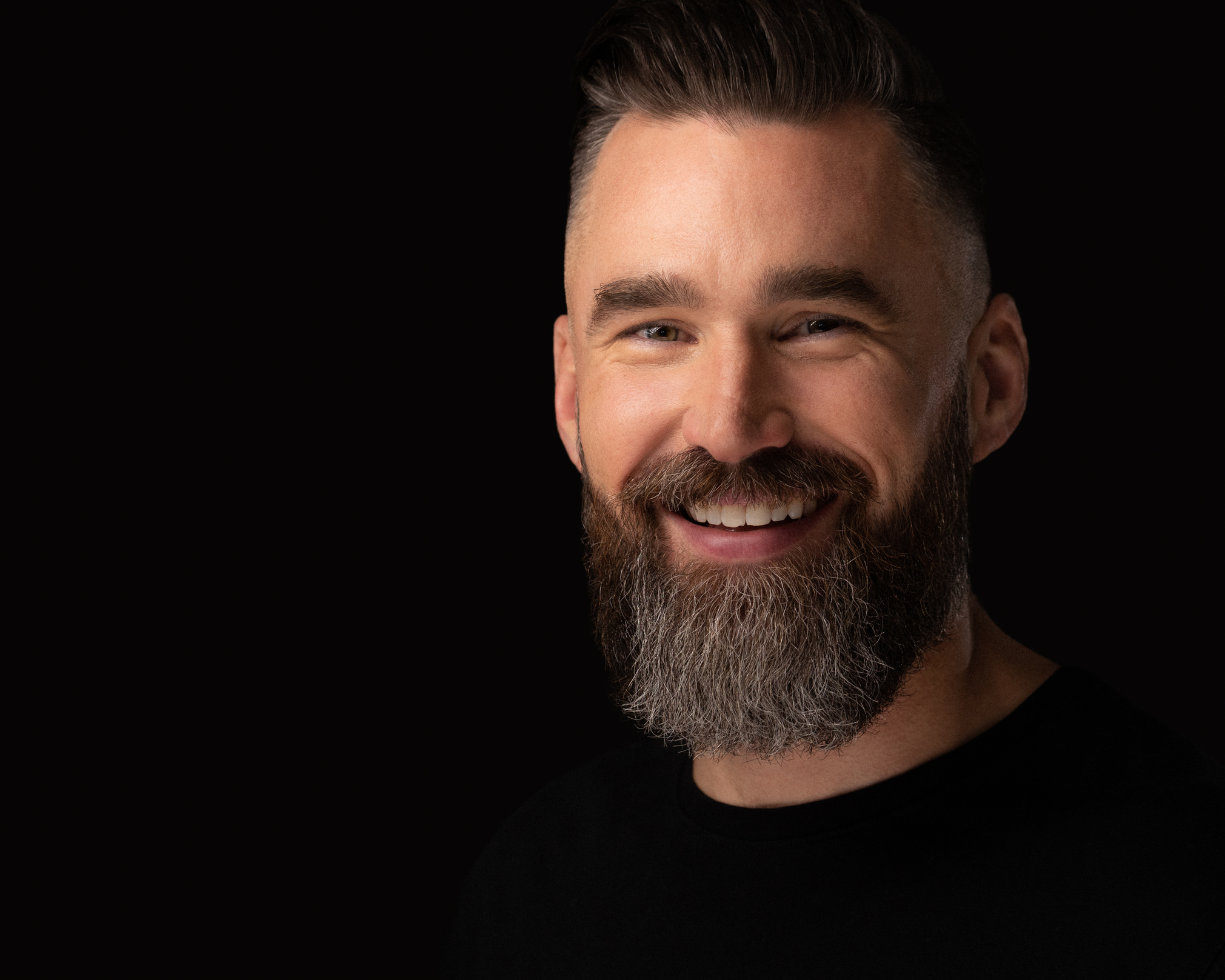

 Dec 03, 2022
Dec 03, 2022
